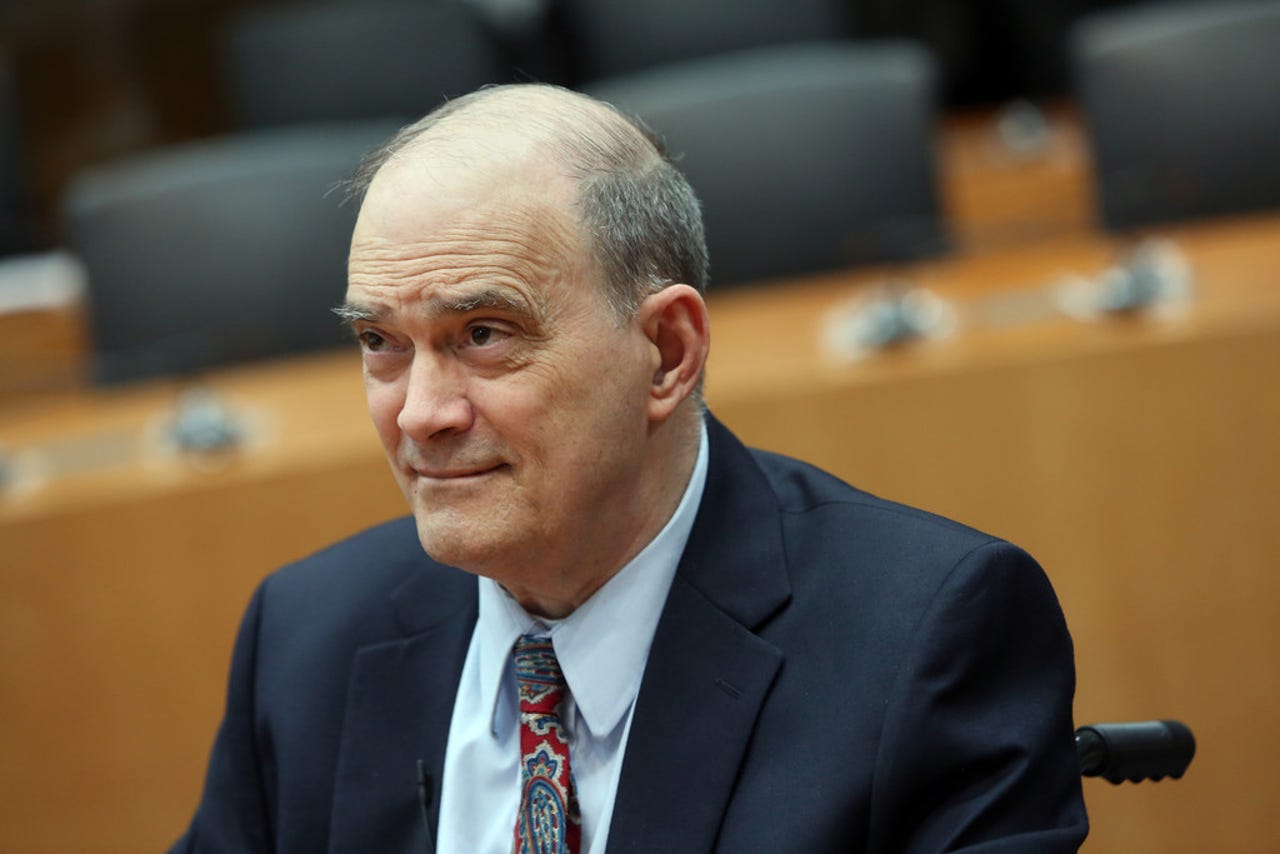Secret law is a 'direct threat' to Americans' privacy, says NSA whistleblower


NEW YORK -- It's not often you walk out after having lunch with a polite and intelligent retiree and know that you're probably now on a government watchlist.
On Wednesday, I spoke with William Binney, a former National Security Agency official turned whistleblower, at a lunch event hosted by Contrast Security founder Jeff Williams.
Binney, who spent more than three decades at the shadowy intelligence agency, left a month after the September 11 attacks in 2001 when he saw that the foreign intelligence gathering program he helped develop was being turned domestically. After blowing the whistle to Congress, his house was raided by the FBI, though he was never charged with a crime. Binney remains one of the foremost thinkers in the agency's modern history. Edward Snowden said he was inspired in part by previous leakers and whistleblowers, a list that includes Binney.
After almost a decade-and-a-half in civilian life, I asked him what surprised him most about the Snowden leaks.
"Nothing," he answered earnestly.
What could possibly rattle a man who's not fazed by the biggest intelligence leak in a generation? A secretive executive order that spans back to the height of the Cold War, he said, ranks as one of his greatest concerns.
Executive Order 12333, signed into law by President Ronald Reagan in 1981, became the bulk of the NSA's authority, expanding the agency's collection capabilities to both foreign and domestic targets. The order was amended three times in the wake of the September 11 attacks in 2001. Binney described it as a "blank check" for the intelligence community to use when all other laws fail, or simply don't reach far enough.
Though its text is public, how it is used and interpreted is highly classified. Snowden, too, internally raised concerns about the legal bounds of the order.
Binney described a scenario in which the NSA could use the order's legal powers to acquire the emails or call recordings of a terror or drug suspect. The order's authority is so far-reaching that the NSA will tap the cable to acquire not just the conversation, but everything else that flows past it too -- including the communications of innocent Americans.
"I can keep all the data that's collected because really I'm after that suspect," said Binney. "It's a direct threat to Americans' privacy."
The future of the NSA's surveillance programs continue to spur heated debate in Congress. In the lead up to the deadline of June 1 when the bulk phone records collection provision in the Patriot Act expires, members of both houses are drawing up legislation that aims to clip the intelligence community's wings.
Binney said the intelligence community would be "better off" limiting its access to bulk data and its vast collection pool as it would make the agencies better at responding to impending threats.
An NSA spokesperson did not return an email asking for comment.